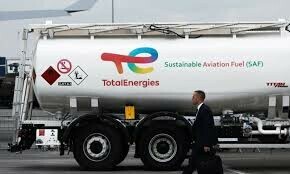THAT the FBR missed its January tax collection target for the second month in a row is reflective of the deceleration in imports in the wake of the measures taken by the government and the State Bank to slow down the pace of economic growth in order to tackle balance-of-payments troubles. The new FBR data shows that the tax agency is not capable of making up for revenue losses at the import stage by boosting domestic sales tax and income tax. Indeed, the FBR has exceeded its seven-month tax target by Rs262bn to Rs3.35tr from July to January. But does it matter, given the country’s tax-to-GDP ratio of 9.5pc is one of the world’s lowest? With imports, which account for 53pc of the total tax collection at present, projected to slow further, the FBR is likely to find it more difficult to maintain its ‘present collection momentum’.
The finance minister says “people don’t want to pay taxes”. That is correct. The question is what has the FBR done to make evaders pay their taxes? And what has it done to help those who want to pay taxes? The entire tax regime is rigged in favour of powerful lobbies that remain either untaxed or under-taxed because of their political clout. Many are willing to pay more than their due share in indirect taxes if it helps them stay out of the tax network. No effort to reform the system has succeeded due to the vested interests of FBR officials and those they help to evade taxes. Consequently, we see the government impose several indirect taxes/levies on both industry and individuals whether or not their income is taxable.
Indirect taxes and levies not only hamper new investment and heavily burden low-middle-income families, they are also inflationary in nature. For example, the petroleum levy is hurting this population segment the most by making transportation expensive and causing the prices of essentials, especially food, to spiral. Little wonder then that in January CPI inflation touched its two-year high of 12.9pc, forcing the prime minister to deviate from his government’s commitment to the IMF to raise the petroleum levy on the eve of the meeting of the Fund’s executive board for considering the revival of its suspended loan programme. This decision does not bode well for the government’s credibility with the lender of last resort even if it will not stop the resumption of funding. The IMF wants the government to raise the petroleum levy by Rs4 a litre every month to take it to a maximum of Rs30 as a condition for the restoration of its programme in order to boost its revenues to hold down fiscal deficit. The reason for the IMF’s insistence to enhance the levy is obvious: it does not have confidence in the FBR’s capability to collect the taxes needed to finance the budget.
Published in Dawn, February 2nd, 2022










































